COVID-19 Resources and Recommendations
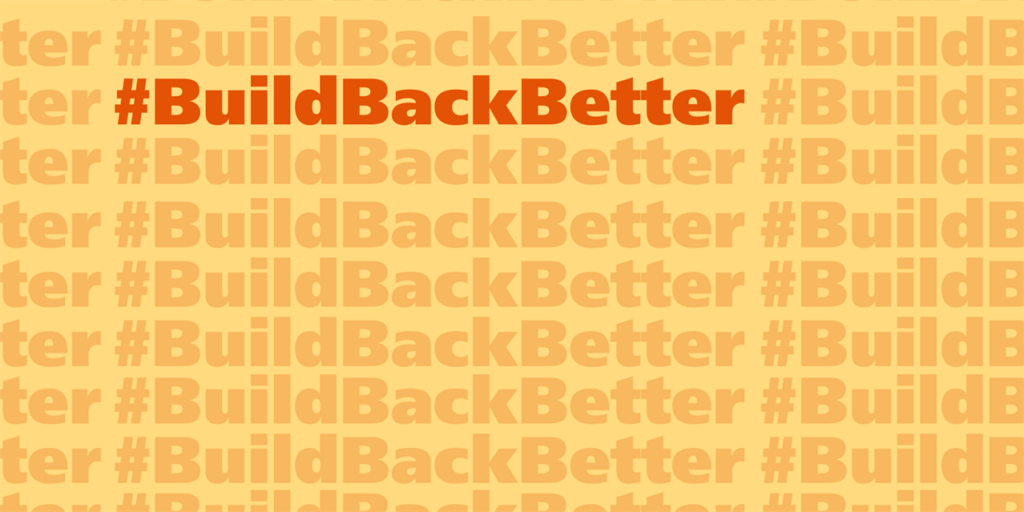
As a trusted change-maker, MPC’s experts continuously consult with our community partners on the frontlines to shape the ideas that Chicago region decision makers need. MPC is pointing the way, not to simply recover, but to #BuildBackBetter. We believe that every person deserves a future that is more equitable, affordable, sustainable, and efficient. Check back regularly for fresh ideas and insights, and for ways that you can be part of building a better, bolder future for everyone.

New, creative approaches are needed to help the Chicago region plan for an equitable response and build back better than before this crisis, starting with prioritizing our industrial corridors.
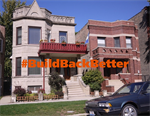
It’s time to get serious about preserving Chicago’s two- to four-unit apartments, June 29, 2020
How do we preserve apartment displacement in the wake of COVID-19? Let’s learn from our mistakes of the 2008 financial crisis.
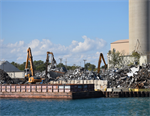
Small Businesses and the Self-Employed, April 17, 2020
MPC research identifies groups who have been potentially left out of government recovery efforts, or may need extra assistance. Specifically, self-employed people, small businesses, and those with student loans.
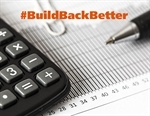
Data Points | COVID-19 Lesson: We need fairer tax policies, June 24, 2020
We can no longer beat the same drum when it comes to fiscal policy. For a vibrant region and solvent state post COVID-19, we need to challenge long-entrenched narratives about taxation and spending.
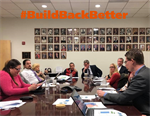
A look at how local governments are working together to respond to COVID-19
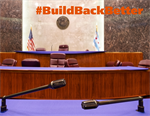
“Budgeting for (equitable) outcomes,” Adam Slade, June 23, 2020
Why state and local government must change its budget process to evaluate the racial impact of its services and investments
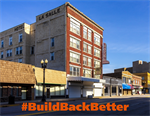
“COVID-19 Dispatches from Northwest Indiana: All hands on deck,” Matt Altstiel, June 22, 2020
Though COVID-19 presents many challenges to Northwest Indiana, the elements essential for understanding and implementing an equitable recovery are found throughout the region, in all types of communities and neighborhoods.
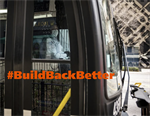
A master plan balances industrial, community, and local needs. But how do you convene stakeholders in a pandemic?

A master plan balances industrial, community, and local needs. But how do you convene stakeholders in a pandemic?
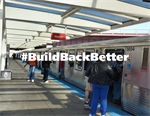
“Understanding the transportation experience of disadvantaged workers,” Audrey Wennink, May 18, 2020
How can you land or hold a job when you can’t reliably commute? How can Illinois leaders use equity as a lens for prioritizing where we spend limited public resources?
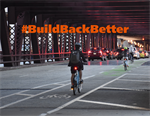
“Transportation policies in the age of COVID,” Audrey Wennink, May 18, 2020
From ensuring transit keeps running as safely as possible to building bike lanes for the post-COVID era, here are some transportation-focused policies we support right now
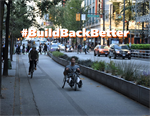
“The transition back to mobility: Walking and biking will be critical,” Audrey Wennink, May 17, 2020
Upgrading bike infrastructure won’t negate the need for safe long-distance travel. But we must build more redundancy and resilience into our transportation system.

“How do we build communties for a resilient future?,” Jeremy Glover, May 15, 2020
In April, MPC hosted Strong Towns author Charles Marohn for an eye-opening, data-driven conversation about what productive communities look like.
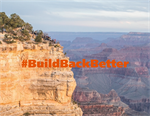
“The Eviction Cliff,” Juan Sebastian Arias, May 7, 2020
What happens when temporary eviction moratoria expire, and people suddenly face months of overdue rent?
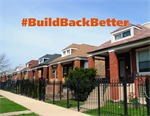
“Not everyone can ‘Stay at Home,'” Camryn Dillender and Juan Sebastian Arias, May 4, 2020
In a moment where everyone is being asked to #stayhome, existing housing inequalities are even more apparent. What happens to those who have no home to quarantine in?

“Data Points | Grocery shopping? : Not so fast,” Shehara Waas and Christina Harris, May 4, 2020
Low levels of grocery store access, high reliance on public transportation, and unequal broadband adoption mean that, for some Chicago neighborhoods, food during the pandemic is not available in a quick walk or at the push of a button
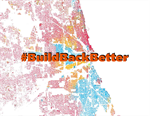
“An incomplete Census count will exacerbate inequities of region,” Debbie Liu, May 1, 2020
How an inaccurate Census will impact black and brown communities the hardest
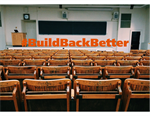
“Equitable recovery requires meaningful engagement,” Kendra Freeman, May 1, 2020
Building back better means engaging those most impacted by Coronavirus. But as social distancing makes face-to-face community dialogue impossible, how can we keep those voices at the center of the conversation?
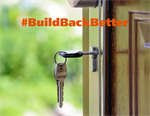
Housing authorities can promote health and justice for returning citizens right now

“What Else Can We Do to Slow the Spread?,” Chloe Gurin-Sands, Apr 27, 2020
The Metropolitan Planning Council (MPC) proposes the following actions to help slow the spread and minimize future transmission.
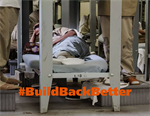
Even as the number of people in the jail with COVID-19 increases, another week has passed without significant action to reduce the jail population.

“Digital Equity in Education in the Era of Coronavirus,” Daniel Cooper, Apr 24, 2020
Research from MPC and Kids First Chicago shows children of color are less likely to have the internet or connected devices at home necessary for remote learning. Here’s what we can do about it.
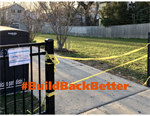
“What can local governments do to manage the effects of COVID-19?,” Adam Slade, Apr 23, 2020
In the face of a pandemic and looming recession, here’s how local governments can lessen negative effects

As cities, states, and the federal government respond to COVID-19, the reasons for committing to resilient water infrastructure have never been more clear. MPC recommends actions to provide immediate relief to users and utilities, increase our water systems’ resilience to shocks, and help our economy recover.
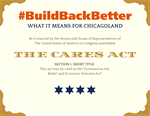
“What the CARES Act means for Chicagoland,” Justin Williams, March 27, 2020
The Federal Government just signed into law the CARES Act, which provides over 2 trillion dollars in relief to households, governments, and agencies. How will the relief package affect Chicagoland’s social and physical infrastructure?

A look at the data, because our existing patterns of inequality will worsen unless we make addressing them the number one priority in our COVID policy responses.

“We Will Be There,” MarySue Barrett, March 18, 2020
The Metropolitan Planning Council believes every neighborhood has promise, every community should be heard, and every person can thrive. And we will, again.